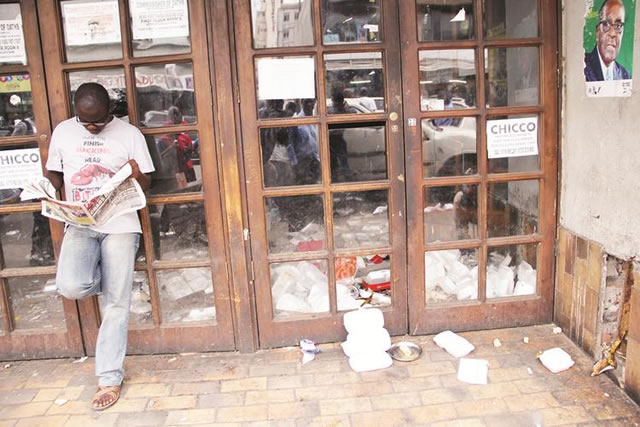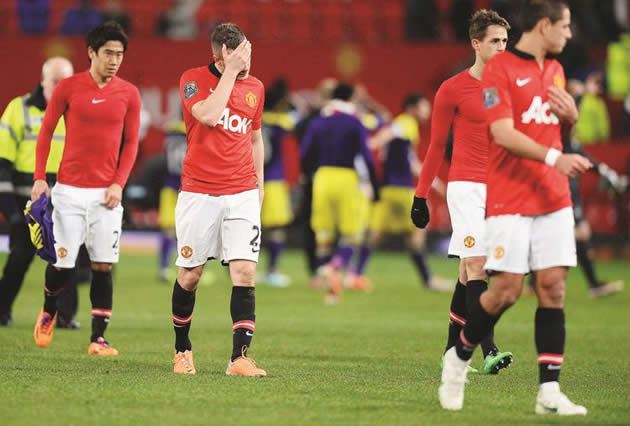Editorial Comment: Prioritise education with production

 Every first week of January, the issue of school fees and levies grabs the headlines in the media. Schools authorities are often portrayed as monsters who want to squeeze hard-earned cash out of parents who are battling to make ends meet. The debate rages on and eventually, the rule of majority prevails and Government intervenes to order schools authorities not to increase fees and levies.
Every first week of January, the issue of school fees and levies grabs the headlines in the media. Schools authorities are often portrayed as monsters who want to squeeze hard-earned cash out of parents who are battling to make ends meet. The debate rages on and eventually, the rule of majority prevails and Government intervenes to order schools authorities not to increase fees and levies.
This is, however, not the ideal way of managing schools affairs and the future of this country. It is the innocent child who suffers as bickering over fees and levies rages through most of the first term.
In many instances, school development associations convene meetings of parents and staff to thrash out these sticky issues and avoid clashes that affect the administration of schools.
All parents who can, must attend SDA meetings so that they make contributions and avoid clashing with administrations over payments due when schools open.
We have noted a sad scenario where a handful of parents sometimes attend meetings and as such, they are the ones who determine how much must be paid by every parent.
It is very irresponsible and counter-productive for parents not to attend these critical meetings.
Parents who choose not to attend SDA meetings should not complain when those who do attend make decisions on their behalf.
The other matter is that of Government’s role in the whole sorry affair.
Government’s primary role in education is to ensure that every child’s right to go to school is respected. To that end, Government builds schools, draws up curricula, administers examinations and pays teachers among other important functions.
Another important function is setting fees for Government schools.
Naturally, Government will also have an interest in what kind of payments private schools require within the context of service delivery and value for money.
It is on record that some of the most expenisve schools have pass rates that are far lower than those found at schools that charge far less. And, of course, Government would be interested in knowing why premiums are paid for evidently sub-standard services.
However, in as much as parents need protection from Government, there has to be an amicable relationship between the State and private schools with the common interest of ensuring standards do not deteriorate.
Parents expect their children to eat good meals, sleep on good beds, have good toilets and bathrooms, and have books and happy teachers.
This can only be achieved if there is money.
Besides, learning materials such as textbooks, computers and sporting facilities are expensive. These things are paid for by the parents.
And the parents agree to pay for these things at their SDA meetings. As such, Government really should not be in the business of fixing levies for private schools.
Private schools raise their own money.
What should urgently seize Government is raising money for public schools.
We know the economy is not in its best health and money is hard to come by at Treasury.
This means innovation is required.
Public school districts can establish micro-business units where students doing subjects such as Accounts, Economics and Costing Management among others will draw experience from running such projects.
What stops schools from sewing uniforms, and selling rulers, pens, exercise books to get money for toiletries and other consumables?
Why can’t schools run viable farming projects to both feed students and sell on the open market.
This is the element of education with production Government should prioritise. We are sure there are enough experts in Government who can structure such programmes for schools.









Comments